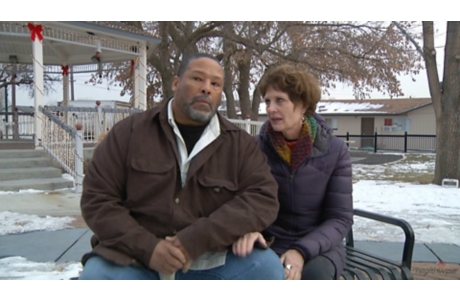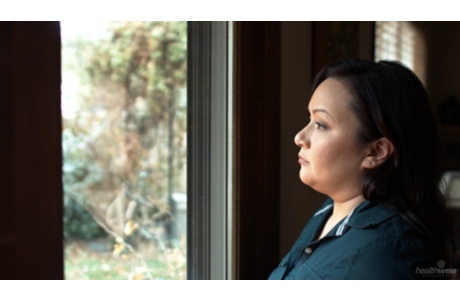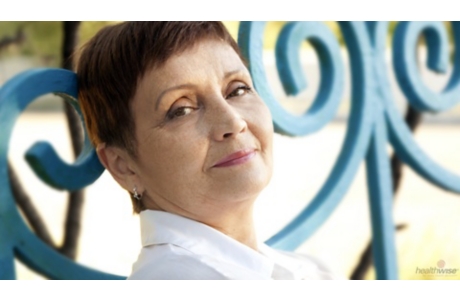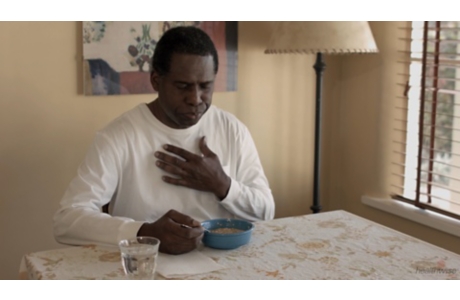Cancer Support: Coping With Cancer Treatments
Topic Overview
“At first, I couldn’t think of anything except how scared I was to have cancer. But as soon as I started asking questions about chemotherapy and learning how to take care of myself, I felt a little less afraid. The doctors and staff were great about answering all of my questions.”—Earl, 66
“When I started chemotherapy, I also enrolled in a yoga class. It was something I wanted to do just for me. It let me forget about cancer for a couple of hours a week. And it did wonders for my stress level.”—Donna, 58
“I talked to my friend’s cousin who had breast cancer a few years ago. She told me about her surgery and radiation, how it felt, and what to expect. It helped me to talk to someone who had been through it all and survived.”—Thuy, 60
Deciding which information you want, knowing what to expect during treatment, and getting your support in place will help ease the stress of cancer treatment.
Information your way
When you get diagnosed with cancer, you start getting a lot of information. Doctors and sometimes even friends and family want to tell you about your type of cancer, your treatment options, and what will happen. The information can be very scary and confusing. It’s a lot to take in.
Think about what you want to know about your treatment. Some people want to know everything about their cancer. Others just want the basics. Do you want information from your doctor, or do you want to read on your own, or both?
Tell your doctors, friends, and family what types of information you want and how you prefer to receive it. Ask them to support your decision.
Treatment and side effects
Even if you don’t want to know a lot of details about your treatment, it’s a good idea to learn about the side effects. Then you can take steps to prepare and ask for help if you need it. The side effects of chemotherapy depend on the medicines used for your treatment. And side effects vary from person to person. Your doctor can help you know what to expect and can prescribe medicines to help with side effects.
Fatigue is a common side effect, and it can really disrupt your life. Some people notice that they feel a little more tired than usual. Other people feel like they have no energy at all. Some days may be better than others.
It’s okay to rest when you feel tired. On days when you feel better, try a bit of activity. A short walk may boost your energy.
Here are some ways to care for yourself when you’re feeling weak and tired:
- Get extra rest. Plan ahead so you can take breaks or naps.
- Save your energy for the most important things you want to do.
- When you feel good enough to eat, try to eat a balanced diet. Try not to skip meals, especially breakfast.
- Try to calm yourself when worries fill your head. Deep breathing, gratitude, music, and prayer are all ways to lower your stress level.
- Accept help from family and friends for home chores and other tasks.
Help and support
Cancer treatment can take a huge toll on your energy, sense of well-being, and emotions. This is the time to take care of yourself and turn to others for support. It’s not always easy to ask for help, especially if you’re used to taking care of others and doing everything for yourself. But remember that the people around you probably are eager to support you. Asking for help isn’t a sign of weakness.
Think about the types of help you want. You may need:
- Someone who can listen to your worries and fears or simply keep you company.
- Help with errands or picking up kids.
- Meals and groceries delivered to your home.
- Rides to and from appointments.
You may find that you have too much help or not enough. If you feel overwhelmed by offers of support, ask a family member or close friend to organize the people helping you so you can focus on taking care of yourself. If you need more help, your doctor can connect you with local programs that can assist you with support, meal deliveries, transportation to your appointments, and other needs.
Looking toward the future
Cancer treatment is a difficult and stressful time in your life. But many people find a sense of hope that helps them through it. Treatments today are better than ever, and more people with cancer survive and live longer. Set goals for your life after treatment, and focus on the things that matter to you most.
Where to learn more
The following booklets from the National Cancer Institute’s website may be helpful:
- Chemotherapy and You: Support for People With Cancer (www.cancer.gov/cancertopics/coping/chemotherapy-and-you)
- Radiation Therapy and You (www.cancer.gov/cancertopics/coping/radiation-therapy-and-you)
- Pain Control: Support for People With Cancer (www.cancer.gov/cancertopics/coping/paincontrol)
Current as of: December 19, 2018
Author: Healthwise Staff
Medical Review:E. Gregory Thompson MD – Internal Medicine & Kathleen Romito MD – Family Medicine & Elizabeth T. Russo MD – Internal Medicine
This information does not replace the advice of a doctor. Healthwise, Incorporated, disclaims any warranty or liability for your use of this information. Your use of this information means that you agree to the Terms of Use. Learn how we develop our content.






